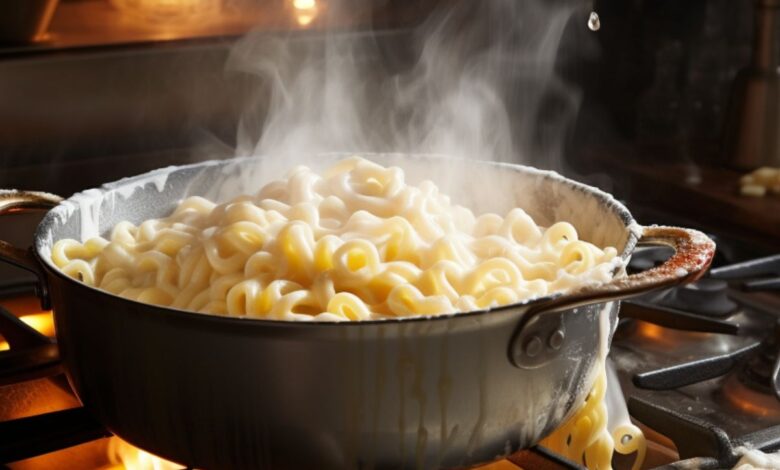Why do people add salt to pasta water? Here’s everything you need to know

Cooking pasta is an art form with centuries of tradition, sparking debates over the best techniques. Among these debates, the topic of adding salt to boiling water stands out. Some see it as a crucial step, while others question its importance.
ADVERTISEMENT
Enhancing Flavor
A primary reason for adding salt to pasta water is flavor enhancement. Pasta, essentially made from flour and water, can lack flavor on its own. Salting the cooking water infuses the pasta with a subtle yet crucial layer of taste. This seasoning not only affects the pasta’s surface but also seeps into its layers as it cooks, providing a savory backdrop even before sauce is added.
ADVERTISEMENT
Seasoning the Interior
Salt penetrates the pasta during cooking, seasoning it from within. This ensures that every bite of pasta has a balanced and flavorful taste, complementing any sauce.
ADVERTISEMENT
Improving Texture
Beyond flavor, salt affects the texture of pasta. It helps firm up the pasta’s exterior while keeping the interior tender, crucial for achieving the desired al dente texture.
Balancing Sauces
Adding salt to pasta water helps balance flavors with sauces. As pasta absorbs some salt during cooking, it prevents the dish from becoming overly salty when combined with savory sauces, ensuring a harmonious blend of flavors.
Proper Salt Amount
The ideal salt quantity varies based on personal preference and quantity of pasta. A rough guideline suggests using 1 to 2 tablespoons of salt per gallon of water.
Debunking the Myth: Does Salted Water Boil Faster?
Contrary to popular belief, salted water does not boil faster. It actually raises the boiling point slightly, resulting in a negligible difference in boiling time compared to unsalted water.
Adding salt to pasta water is a culinary tradition with tangible benefits. It enhances flavor, textures, and balances sauces. While optional, it’s a step that many chefs swear by, enriching the pasta experience.




